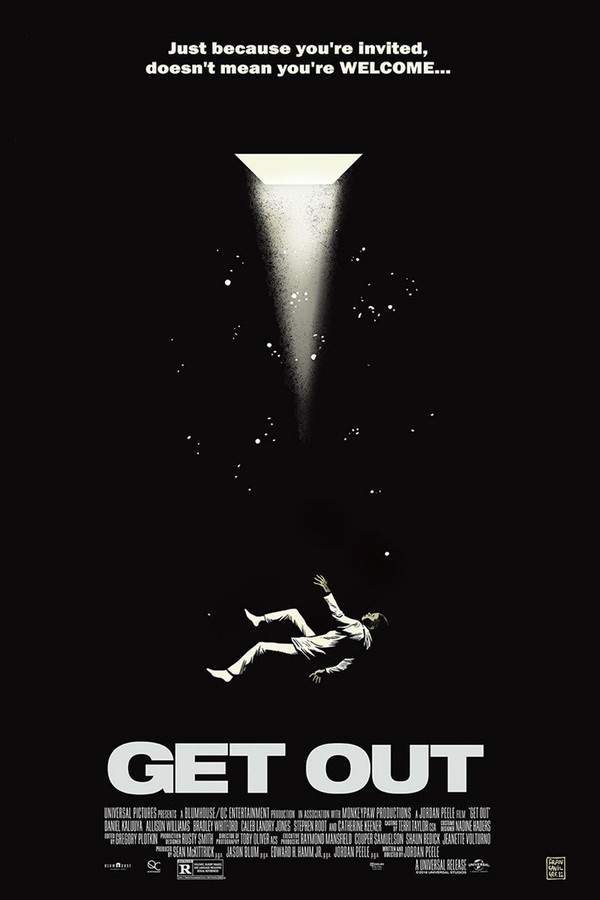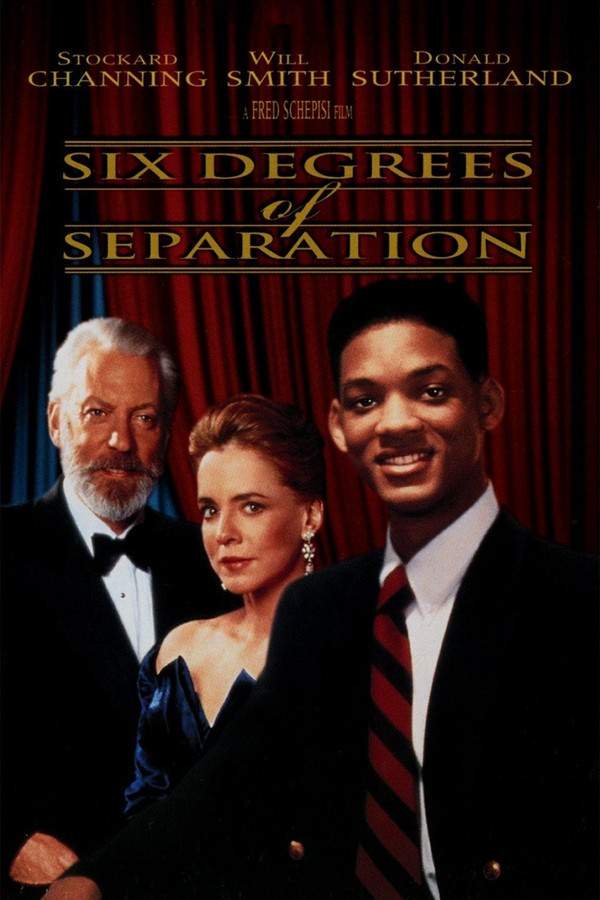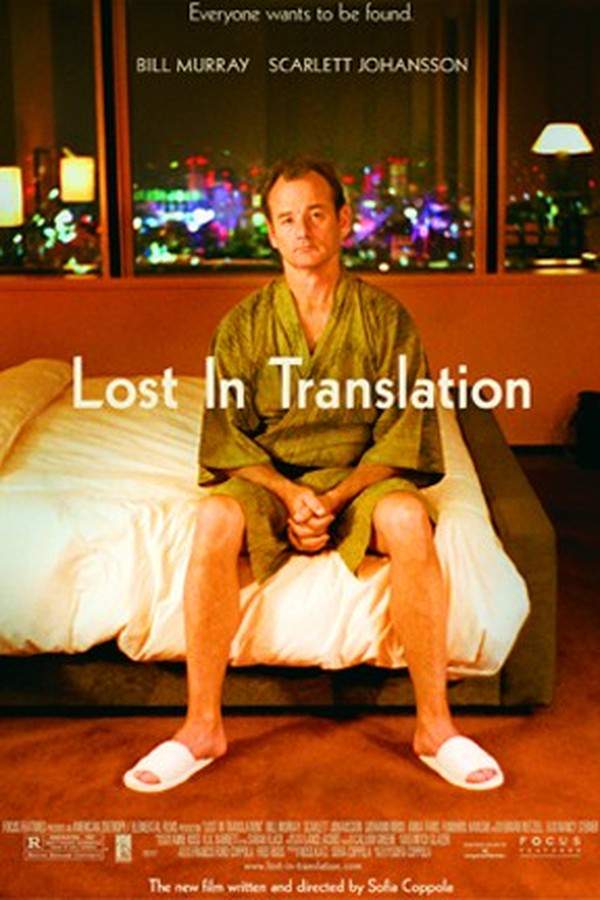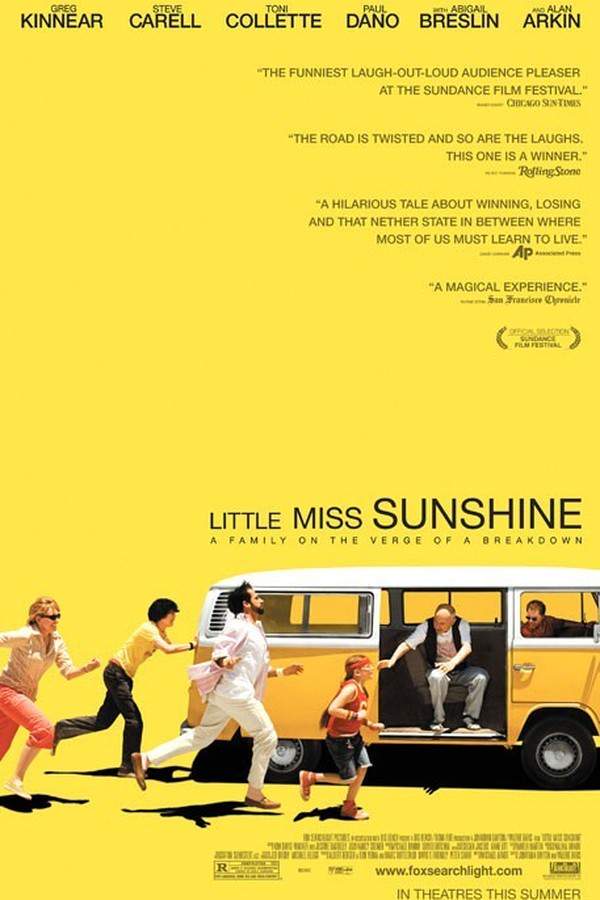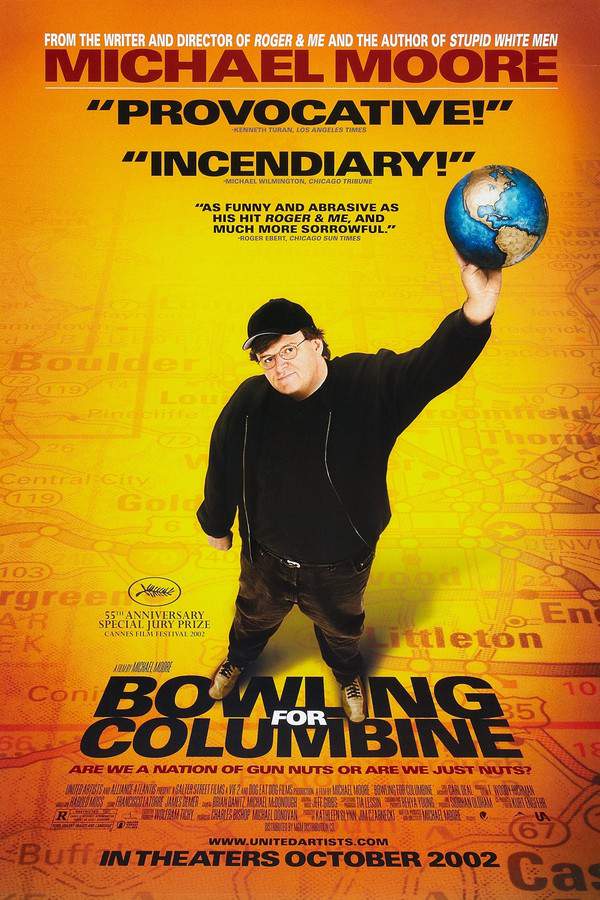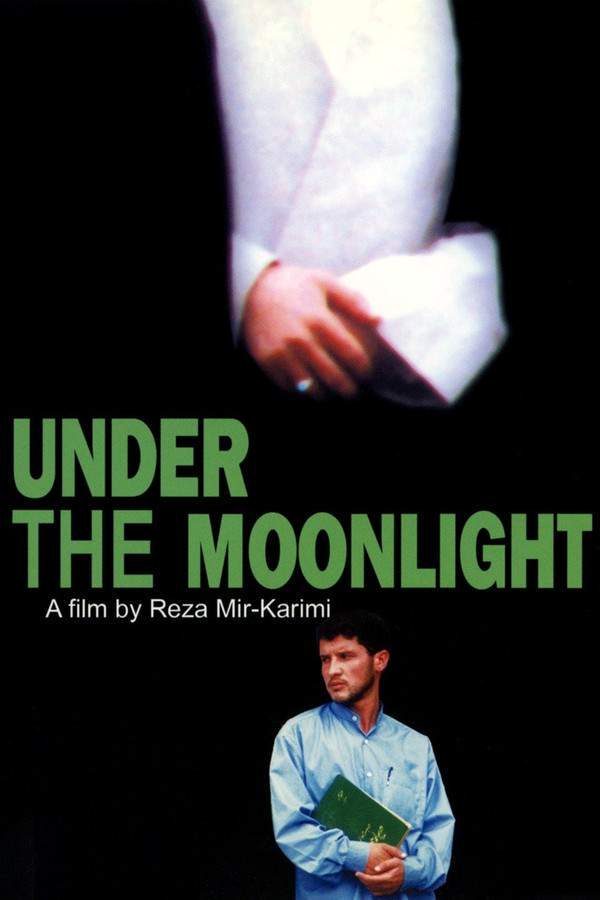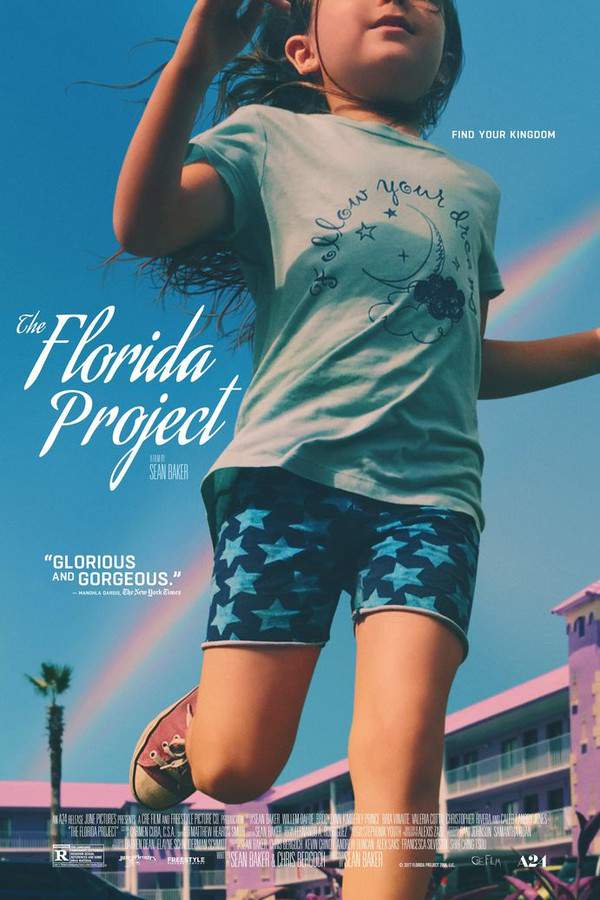What's After the Blog?
Film Industry • Cinema
The Impact of Film Festivals on the Movie Industry
Discover the profound impact of film festivals on the movie industry, from setting trends to showcasing diverse cinema, in our comprehensive blog post.
February 18, 2024

Movies mentioned in this article
The Impact of Film Festivals on the Movie Industry
Introduction
The world of film festivals is as diverse and dynamic as the films they showcase. From the glamorous Cannes Film Festival to the indie-centric Sundance Film Festival, these events have become pivotal in shaping the landscape of the movie industry. The history of film festivals dates back to the early 20th century, with the Venice Film Festival being one of the first, established in 1932. These festivals were initially formed as cultural events to celebrate the art of filmmaking, but over time, they have evolved into significant platforms that can make or break a film’s success. They serve not just as venues for screening movies but as influential spaces where industry trends are set, careers are launched, and critical discussions about cinema take place.
Understanding the role of film festivals in the movie industry involves looking at their impact on various fronts. Firstly, they are gateways for emerging talents, offering a platform for new filmmakers to showcase their work to a global audience. Secondly, they act as curators of cinematic art, selecting films that reflect artistic excellence, innovation, and cultural significance. Film festivals also play a crucial role in the business of cinema, where distribution deals are struck, and films find their way to wider audiences. Moreover, they contribute to the cultural fabric of society by bringing diverse stories and perspectives to the forefront, challenging audiences and filmmakers alike to broaden their understanding of the world through cinema.
The Role of Prestigious Film Festivals in Launching Films
Prestigious film festivals such as Cannes, Sundance, and the Berlin International Film Festival have become renowned for launching films that go on to achieve critical and commercial success. Cannes, for instance, is known for its ability to catapult films into the international limelight, offering a blend of artistic prestige and media exposure. Movies like Pulp Fiction and Parasite are examples of films that gained significant momentum and acclaim after winning the Palme d’Or, the highest prize at Cannes. Sundance, on the other hand, is celebrated for discovering and promoting independent films. It has been the launching pad for groundbreaking films such as Whiplash and Get Out, which not only won accolades at the festival but also went on to achieve widespread acclaim.
The Berlin International Film Festival, also known as the Berlinale, is another major player, known for its diverse selection of films and its focus on political and social themes. Films like A Separation and Touch Me Not are examples of the festival’s commitment to showcasing films that challenge conventional narratives and engage with critical issues.
These festivals are more than just events; they are influential platforms that can shape the trajectory of a film. A premiere at a prestigious festival often signifies quality and prestige, catching the attention of distributors, critics, and cinephiles. The recognition and buzz generated at these festivals can propel films into a successful run in cinemas and award circuits, making them coveted venues for filmmakers to debut their work.
How Do Film Festivals Influence Movie Trends?
Film festivals play a crucial role in setting and influencing trends within the movie industry. They act as barometers for new styles, themes, and genres that might resonate with audiences and critics alike. For instance, the rise of independent films in the late 90s and early 2000s, with movies like Lost in Translation and Little Miss Sunshine, can be attributed to the acclaim these films received at festivals like Sundance. These festivals provide a platform for innovative storytelling that might deviate from mainstream cinema, often challenging the status quo and introducing fresh narratives and techniques. This influence extends beyond the boundaries of the festivals themselves, as the success of these films at festivals leads to broader distribution and recognition, influencing mainstream cinema to adopt elements from these groundbreaking works.
The trend of documentary films gaining mainstream popularity can also be linked to their success at film festivals. Documentaries like An Inconvenient Truth and Bowling for Columbine received critical acclaim and public attention following their festival screenings, highlighting significant social and political issues. This success has encouraged more filmmakers to venture into documentary filmmaking and has broadened the audience for these types of films.
Furthermore, film festivals often champion diverse and inclusive cinema, contributing to a trend towards more representation in the film industry. Festivals like Toronto International Film Festival and Tribeca have been instrumental in promoting films that feature diverse casts and tell stories from underrepresented communities. This push for diversity has had a ripple effect across the industry, encouraging studios and filmmakers to embrace a wider range of voices and perspectives.
Showcasing Independent and International Cinema
Film festivals are particularly significant for independent and international filmmakers, providing a platform where their work can be seen, celebrated, and often distributed. For many independent filmmakers, film festivals offer opportunities that are not typically available in the conventional movie industry dominated by large studios. Festivals like Sundance, Toronto, and South by Southwest are renowned for showcasing independent films, giving them the exposure they need to find a broader audience. Movies like Moonlight and The Florida Project are examples of independent films that gained momentum and acclaim through their festival run, leading to wider recognition and success.
“How do film festivals contribute to the diversity of cinema?” This question highlights another critical role of film festivals. They bring international cinema to the forefront, introducing audiences to films they might not otherwise have access to. Festivals like the Cannes Film Festival and the Venice Film Festival have long been celebrated for their diverse line-ups, featuring films from all around the world. This international focus not only broadens the horizons of the audiences but also fosters a global film culture that is rich in diversity and perspective. Films like Roma from Mexico and Shoplifters from Japan have benefited from this international spotlight, gaining acclaim and a wider audience through their festival presence.
In conclusion, film festivals serve as vital platforms for independent and international cinema, offering
unique opportunities for filmmakers to showcase their work to a global audience. They play a significant role in promoting diversity and inclusivity in the film industry, highlighting stories and perspectives that might otherwise go unnoticed. The exposure and recognition that films receive at these festivals can be instrumental in shaping their success and in influencing the broader trends of the movie industry. Film festivals, therefore, are not just events for screening films; they are crucial incubators for talent and innovation in the world of cinema.
Networking and Collaboration Opportunities at Film Festivals
Film festivals are not just about showcasing movies; they are also key networking hubs where filmmakers, producers, distributors, and other industry professionals converge. These events provide invaluable opportunities for collaboration and partnership, often serving as the birthplace for future film projects. At festivals like Cannes and Berlinale, the networking events, panel discussions, and parties facilitate connections that can lead to fruitful collaborations. For instance, the partnership between director Darren Aronofsky and actress Natalie Portman, which culminated in the critically acclaimed film Black Swan, was reportedly initiated at a film festival. Similarly, numerous independent filmmakers have found producers and funding for their projects through connections made at film festivals.
The significance of these networking opportunities cannot be overstated, especially for new and emerging filmmakers. Festivals provide a platform where they can pitch their ideas, showcase their talent, and potentially secure the support they need to bring their vision to life. This aspect of film festivals is particularly vital in an industry where who you know can be as important as what you know. The collaborative nature of filmmaking means that establishing a broad network of contacts can be a key factor in a filmmaker’s success. Film festivals offer a unique setting where these networks can be built and nurtured, often leading to collaborations that span multiple projects and years.
The Economic Impact of Film Festivals on Local and Global Markets
Film festivals also have a significant economic impact, both on local economies where they are held and on the global film market. Host cities often experience a surge in tourism and business activity during a film festival, benefiting local hotels, restaurants, and other businesses. For instance, the Sundance Film Festival is a major economic contributor to Park City, Utah, attracting thousands of visitors and generating millions in revenue each year. On a larger scale, the Cannes Film Festival is known to have a substantial economic impact on the French Riviera, both in terms of direct spending during the festival and in promoting the region as a tourist destination year-round.
“What is the economic significance of hosting a film festival?” This question underscores the broader economic implications of these events. Beyond the immediate influx of visitors and spending, film festivals play a role in shaping the global film market. They are venues where deals are made, films are bought and sold, and distribution rights are negotiated. These transactions can have a considerable impact on the financial success of the films involved and, by extension, on the studios and filmmakers behind them. Moreover, the buzz and prestige generated by a successful run at a film festival can significantly increase a film’s marketability and box office potential, further contributing to the economic landscape of the movie industry.
In conclusion, the economic impact of film festivals extends well beyond the duration of the events themselves. They are significant drivers of local and global economic activity, influencing not just the film industry but also the wider economies of the host cities and regions.
Film Festivals as a Platform for Social and Political Commentary
Film festivals often serve as powerful platforms for social and political commentary, providing filmmakers with the opportunity to present works that address pressing global issues. These events create spaces where cinema transcends entertainment and becomes a medium for influencing public discourse and awareness. Festivals like the Toronto International Film Festival and the Berlin International Film Festival have been known for showcasing films that tackle themes ranging from human rights and environmental issues to social injustice and political oppression. Movies like The Square, which delved into the complexities of the Egyptian Revolution, and An Inconvenient Truth, a documentary on climate change, gained significant attention and impact through their festival screenings.
These festivals often attract a diverse, global audience, including critics, journalists, and influencers, amplifying the reach and impact of the films they showcase. By highlighting movies that deal with critical social and political themes, film festivals play a crucial role in bringing these issues to the forefront of public consciousness. This platform can be instrumental in sparking discussions, influencing policy, and driving social change. Moreover, the recognition and awards given to such films at these festivals can elevate their status, leading to wider distribution and greater visibility.
Challenges and Criticisms of Film Festivals
Despite their significant contributions to the film industry and society, film festivals are not without their challenges and criticisms. One major issue is accessibility. Many festivals have been criticized for being too exclusive, catering primarily to industry insiders and leaving little room for the general public or independent filmmakers with limited resources. This exclusivity can create barriers to entry for new talents and reduce the diversity of voices in the festival circuit.
Another criticism is the selection process of films for these festivals. Questions are often raised about the transparency and fairness of how films are chosen, with some suggesting that certain festivals favor established filmmakers and studios over independent or lesser-known artists. This perceived bias can lead to a homogeneity in the types of films that are showcased, potentially stifling innovation and diversity in cinema.
Furthermore, film festivals have faced challenges in adapting to the digital age. With the rise of online streaming platforms and changing viewer habits, festivals are being forced to reconsider their formats and distribution models. The COVID-19 pandemic accelerated this shift, with many festivals moving online or adopting hybrid models. While this transition has opened up new opportunities for wider and more diverse audience engagement, it has also raised questions about the future of film festivals and their role in an increasingly digitalized world.
In conclusion, film festivals play an integral role in the movie industry and society at large, but they must continuously evolve to address the challenges and criticisms they face. By doing so, they can remain relevant and effective platforms for showcasing cinema, fostering talent, and driving social change.
The Future of Film Festivals in a Digital Age
As the film industry continues to evolve in the digital age, film festivals are also undergoing significant transformations. The rise of online streaming platforms and the increasing digitization of content distribution have posed new challenges and opportunities for film festivals. The recent global events, particularly the COVID-19 pandemic, have accelerated this shift, prompting many festivals to explore digital formats. Virtual film festivals have emerged, offering online screenings, virtual reality experiences, and digital networking opportunities. This transition to digital platforms has the potential to democratize film festivals, making them more accessible to a wider audience and providing a global stage for filmmakers who may not have the resources to attend in-person events.
The future of film festivals in a digital age is likely to be a hybrid model that combines the traditional physical screenings with digital components. This approach can expand the reach of festivals, allowing audiences from around the world to participate and engage with films and filmmakers. Digital platforms also offer new avenues for interactive experiences, such as live Q&A sessions with directors and cast members, virtual workshops, and online panels. However, the challenge will be to maintain the unique atmosphere and networking opportunities that physical festivals provide, which are integral to the festival experience.
Conclusion
Film festivals play a vital role in the movie industry, serving as platforms for launching films, setting trends, showcasing independent and international cinema, and offering networking opportunities. They also have a significant economic impact on local and global markets and serve as important venues for social and political commentary. However, these festivals face challenges, including issues of accessibility and adaptation to the digital age.
As film festivals continue to evolve, they will remain crucial in shaping the cinematic landscape, discovering new talents, and bringing diverse stories to a global audience. Their ability to adapt to the changing industry and audience needs will determine their future relevance and impact. For movie enthusiasts and industry professionals alike, film festivals offer a window into the ever-evolving world of cinema, a world rich in diversity, creativity, and innovation.
For more insights into the fascinating world of movies, including information on films featured in festivals, visit What’s After the Movie (ATM), your comprehensive movie database. Stay tuned to our blog for more in-depth articles exploring various aspects of the film industry.
Continue reading

What's After the Movie?
Not sure whether to stay after the credits? Find out!
Explore Our Movie Platform
New Movie Releases (2026)
Famous Movie Actors
Top Film Production Studios
Movie Plot Summaries & Endings
Major Movie Awards & Winners
Best Concert Films & Music Documentaries
Movie Collections and Curated Lists
© 2026 What's After the Movie. All rights reserved.




